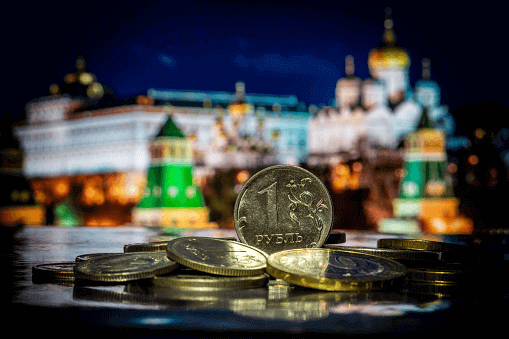Russia’s domestic markets are shut for a national holiday, but offshore trade reveals that Russian USD debt continues to decline. A look at how other markets have responded to Ukraine’s recent events.
Russia has identified the Donetsk and Lugansk People’s Republics (DLPR) as independent states in eastern Ukraine and inked deals on social, economic, and military cooperation. In the event of an “external military danger,” Russia’s military may invade certain countries and take action. Russia has communicated optimism for a diplomatic compromise to the conflict in Ukraine’s eastern provinces of Donetsk and Luhansk. As stated by OSCE assessments, there have been several ceasefire violations along the DLPR and Ukraine-controlled borders. Nevertheless, actual military engagement between the Russian and Ukrainian troops has not yet happened.
Excluding a few nations (Cuba, Nicaragua, Syria, and Venezuela), the worldwide response to DLPR was overwhelmingly negative. The Nord Stream 2 gas pipeline project was put on hold until additional notice, foreign participation in Russian sovereign debt administered after March 1 was prohibited, and Russia’s two largest banks, Vnesheconombank (VEB) and Promsvyazbank, were hit with asset freezes and FX transaction cuts as a consequence of the sanctions. On the other hand, President Biden made it clear that the steps revealed thus far are just the first step in a much larger process.
Russia, Sanctions, And Forex Market
FX markets appear to be pricing in more favorable results. Volatility in the FX options market dropped due to President Putin’s appointment of new independent regions and Russian military incursions into the Donbas area. There has been a 6% reduction in one-month volatility pricing for both the EUR/USD and the USD/JPY during the last 36 hours. The FX market can only presume that the Russian intervention will be restricted to this level. It is also worth mentioning that some experts expect that the forex trading taxes will increase for Russian investors who trade with Russia-based fx brokers because of the current and the growing inflation rate. For apparent reasons, the relative performance of the foreign exchange market has been influenced by the closeness of countries and the dependence on energy imports (although the Japanese yen has outperformed here.)











